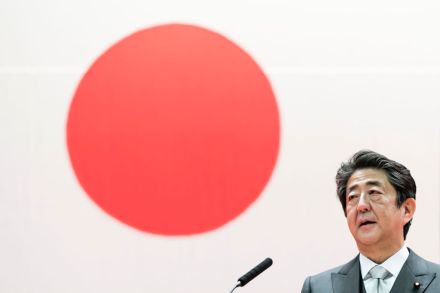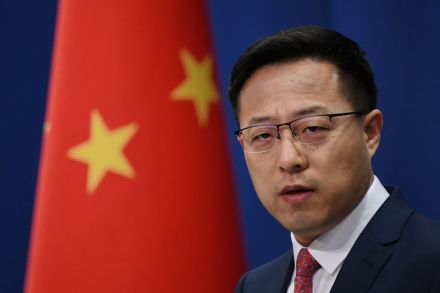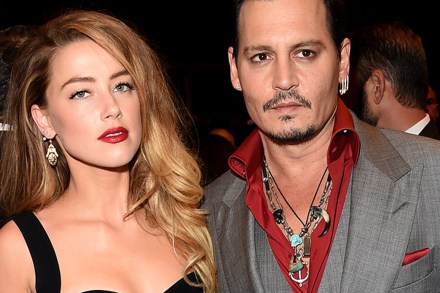In a striking contrast of priorities, as the UK government offers discounted fast food vouchers to revitalise the restaurant and hospitality sector, the Japanese have chosen a different, healthier, method of boosting their own Corona blighted economy: half-price domestic travel. The Japanese government anticipates the move will see hordes of travellers roaming across the country indulging in the usual Japanese holiday activities of hiking, camping, making pilgrimages to shrines, and bathing in hot springs – all the while, of course, spending money. The ‘Go To Travel’ campaign, as it has been called, is a bold and expensive (1.35 trillion yen or £10bn) initiative, and is, in theory, a good and





















